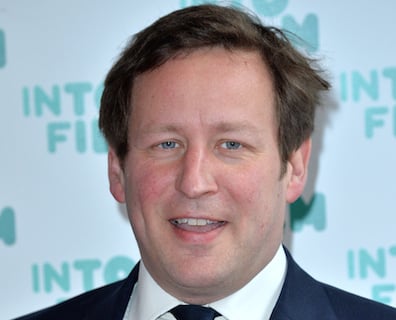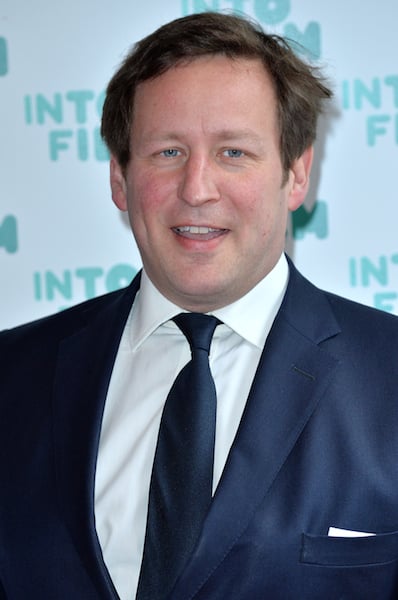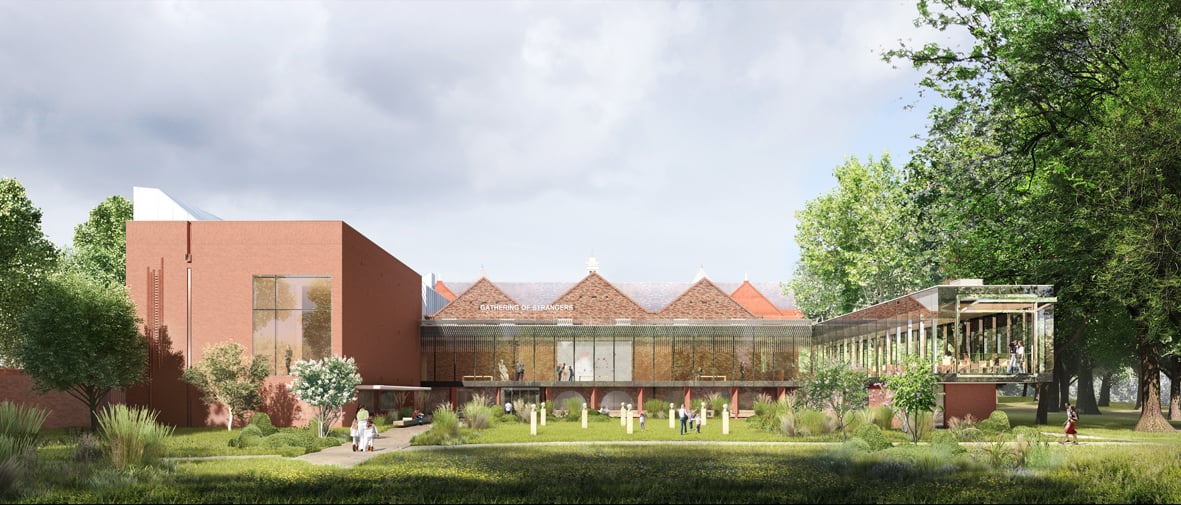Art World
UK Government Issues First White Paper on Arts Since 1965
A review of museums will take place by 2017.

Photo: Anthony Harvey/Getty Images
A review of museums will take place by 2017.

Amah-Rose Abrams


Ed Vaizey attends the 2016 Into Film Awards
Photo: Anthony Harvey/Getty Images
The UK culture minister Ed Vaizey has published the first Government White Paper on culture in more than 50 years, demanding greater diversity in access to the arts and announcing a review of all government-funded museums.
“Over the past 70 years public support has championed culture for all, giving people everywhere the right to expect the best; preserved our collective heritage; and extended ever-greater access,” Vaizey writes in his opening statement.
The paper, meant to outline the UK Government’s philosophy on the arts, praises the effects of the arts on Britain’s reputation abroad as well as its tourism, stating that the government is looking to build on this through facilitating access to the arts but also to jobs in the arts.

Whitworth Art Gallery redevelopment. Artist’s Impression of Exterior View
Image courtesy: Whitworth Art Gallery, MUMA & Hayes Davidson
“We need a more diverse leadership and workforce in the cultural sectors. We will promote clearer pathways into the sectors, including tackling barriers to working as a professional in the arts. We will require funded bodies to publish strategies for increasing diversity,” the report reads.
The paper also states that more money will be channeled towards institutions and bodies outside of London, which have perhaps received less funding and attention in recent times. This comes after the Whitworth in Manchester was awarded Museum of the Year 2015 for its successful levels of social inclusion.
The report not only states that government-funded bodies will be answerable to the government on the levels of diversity within their staff but also that there will be a review of infrastructure of museums in England, to be completed by 2017, focusing on digital services and storage.
Elements of this review will include analyzing what museums should deliver for their core funding; how museums in England, Scotland, and Wales might work more closely with each other and local authorities; and the “role of Arts Council England and the Heritage Lottery Fund in supporting museums not directly funded by the Government.”

Tate Modern’s Turbine Hall: funding will be directed out of London.
Photo: Hans Peter Schaefer via Wikimedia Commons
The paper also announces a new £30 million cultural protection fund to help protect cultural heritage and antiquities and to help countries recover from “acts of cultural destruction.”
This follows large-scale destruction of monuments and cultural sites in Syria and Iraq by ISIS as well as their selling of antiquities to fund their activities. The UK Government also pledges to ratify the 1954 Hague Convention for the Protection of Cultural Property in the Event of Armed Conflict, subject to legislation.
The Arts Council as well as other arts organizations has warmly welcomed the paper. “We welcome all new ways of working to ensure the resilience and long-term success of arts institutions across the UK,” chief executive of Creative Industries Federation, John Kampfer told the Guardian.
Although he added, “We are disappointed that this white paper does not emphasize the inter-connectedness between creative industries companies and arts organizations, and that it does not make the case more strongly for arts teaching in schools.”
The opposition Labour Party have hit back at the Conservative government paper with criticism over widespread cuts in the arts. “The Arts Council’s core grant in aid will have been cut by 36 percent between 2010 and 2015,” the shadow culture secretary, Maria Eagle, told the Guardian. “And by 2019 [the Department for Culture, Media and Sport] will have to find its share of £3.5 billion of further cuts in 2019-20 to make the chancellor’s budget plans add up. Across the country, local authority funding is under even greater pressure.”